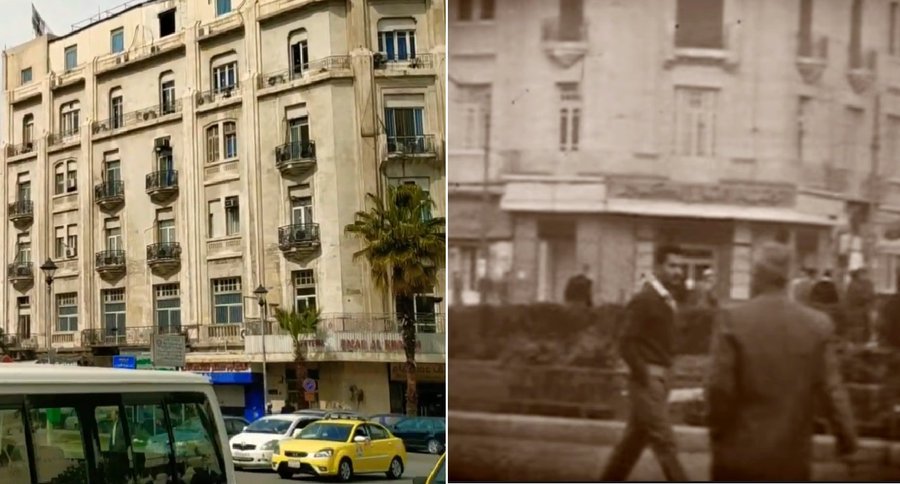
On October 12, 2025, sixty years after the execution of legendary Israeli spy Eli Cohen, known as “Our Man in Damascus,” a report by the Saudi channel Al-Hadath sparked renewed hope for the return of his remains to Israel. According to senior Syrian sources, Cohen’s remains, buried in a secret location in Syria after his 1965 execution, “may soon be handed over” to Israel. The report, which gained traction in Israeli and Arab media, including Al-Arabiya, comes amid dramatic developments in Syria and regional diplomatic relations.
Eli Cohen, born in Egypt and immigrated to Israel in the 1950s, was recruited by the Mossad in 1960 and sent to Syria under the alias Kamal Amin Thabet, posing as a wealthy Arab merchant. In Damascus, he infiltrated the political and military elite, befriending ministers and commanders, and relayed critical intelligence to Israel, including details about Golan Heights fortifications that played a key role in the Six-Day War. His activities ended with his exposure in 1965, leading to his arrest, torture, trial, and public execution in a Damascus square. Since then, his remains have been a bargaining chip for the Syrian regime, which refused their return despite diplomatic and operational efforts by his family, led by his widow Nadia, and the Israeli government.
Recent developments are tied to the fall of Bashar al-Assad’s regime in late 2024 and the takeover by Hay’at Tahrir al-Sham, led by Ahmed al-Sharaa, which established a transitional government in Syria. In May 2025, the Mossad conducted a covert operation dubbed “Damascus Archive,” retrieving around 2,500 items from Syrian intelligence archives, including recordings of Cohen’s interrogation, farewell letters to his family, personal items like a key to his Damascus apartment, forged passports, and photos from events with Syrian officials. Some of these materials, obtained through U.S. mediation, are now displayed at the Eli Cohen Museum in Herzliya, including precise documentation of his execution and secret burial, detailing involved officers and a hidden site near Damascus.
The documents reveal how the Syrian regime used Cohen’s remains as a political tool, aiding current negotiations with Syria’s new government. Seeking international legitimacy and economic recovery, the new Syrian leadership views the return of Cohen’s remains as a step toward building trust with Israel and the West. Intelligence cooperation with Syria, including against Iran and Hezbollah, and mediation by the U.S., Russia, Saudi Arabia, and possibly Turkey, bolster the prospects for success. A precedent in May 2025, when the remains of Israeli soldiers, including Zvi Feldman from the Sultan Yacoub battle, were returned from Syria, signals Damascus’s new openness.
However, success hinges on DNA verification of the remains and final approval from the Syrian government. Ali Mamlouk, a former senior Syrian intelligence official who oversaw sensitive archives under Assad, is not directly mentioned in connection with Cohen but may be relevant due to his role in the intelligence apparatus. Mamlouk, who vanished in late 2024 and reappeared in Moscow in 2025 as a “security consultant,” reportedly managed covert contacts with Israel in the past. His current whereabouts are unclear, and he is wanted in Lebanon and the U.S. for alleged crimes.
The report has sparked cautious optimism in Israel. If Cohen’s remains are returned, it would close a historic chapter, allowing the legendary spy to be buried in Israel as a symbol of his bravery and dedication. The media awaits official confirmation, which would mark a significant milestone in Israel-Syria relations and Cohen’s enduring legacy.